ABS injection moulding is a manufacturing process that involves injecting molten acrylonitrile butadiene styrene (ABS) into a mould to create durable and precisely shaped components. ABS is a thermoplastic polymer known for its excellent mechanical properties, including high impact resistance, toughness, and versatility.
The injection moulding process enhances ABS components by ensuring uniformity, reducing material waste, and enabling large-scale production with consistent quality. Industries rely on this method to produce complex and durable parts that meet rigorous performance standards.
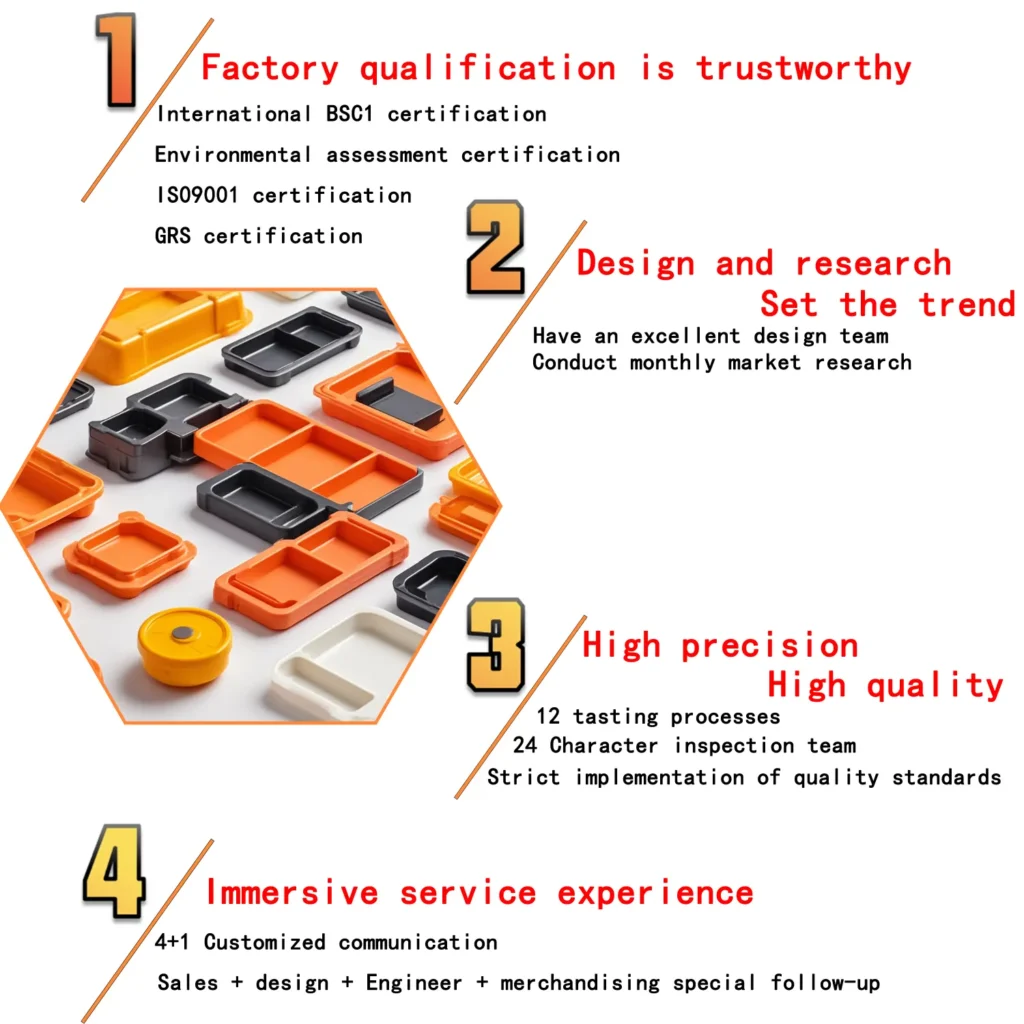

Advantages of ABS Injection Moulding Components in Industrial Applications
High Impact Resistance and Durability
ABS injection moulding produces components that can withstand mechanical stress, making them ideal for industrial applications where strength is essential. The material’s impact resistance ensures that parts do not crack or break under pressure.
Cost-Effective Production for Large-Scale Manufacturing
Compared to other materials, ABS offers an excellent balance of affordability and performance. The injection moulding process allows manufacturers to produce high volumes of components with minimal waste, reducing overall production costs.
Precision and Consistency in Component Design
ABS injection moulding ensures that each component is manufactured with precise dimensions and uniform quality. This consistency is crucial in industries where even minor variations can impact functionality and safety.
Heat and Chemical Resistance for Demanding Environments
ABS components perform well in high-temperature and chemically aggressive environments. Their resistance to heat and corrosion makes them ideal for use in automotive, electronics, and industrial applications.
How ABS Injection Moulding Ensures Long-Lasting Performance
Several factors contribute to the longevity of ABS injection moulding components:
Material Composition: High-quality ABS formulations enhance durability and strength.
Optimised Design: Proper engineering ensures that stress points are minimised, reducing the risk of wear and tear.
Advanced Moulding Techniques: Techniques like gas-assisted injection moulding and multi-shot moulding improve component integrity and lifespan.
Surface Treatments and Coatings: Additional protective layers can enhance resistance to scratches, UV exposure, and chemicals.
Customisation and Design Flexibility in ABS Injection Moulding
One of the major advantages of ABS injection moulding is its flexibility in design. Manufacturers can customise components in various ways, including:
Colour Options: ABS can be easily dyed or coated to match brand requirements.
Surface Finishes: Smooth, textured, or glossy finishes can be applied depending on the application.
Complex Shapes and Sizes: Injection moulding allows for intricate designs that would be difficult to achieve with other manufacturing methods.
Environmental and Sustainability Aspects of ABS Injection Moulding
As industries focus on sustainability, ABS injection moulding has adapted to meet environmental concerns.
Recyclability of ABS Material: ABS can be reprocessed and reused, reducing plastic waste.
Energy-Efficient Production Methods: Modern injection moulding machines are designed to consume less energy, lowering carbon footprints.
Eco-Friendly ABS Alternatives: Manufacturers are developing biodegradable and bio-based ABS materials to further reduce environmental impact.
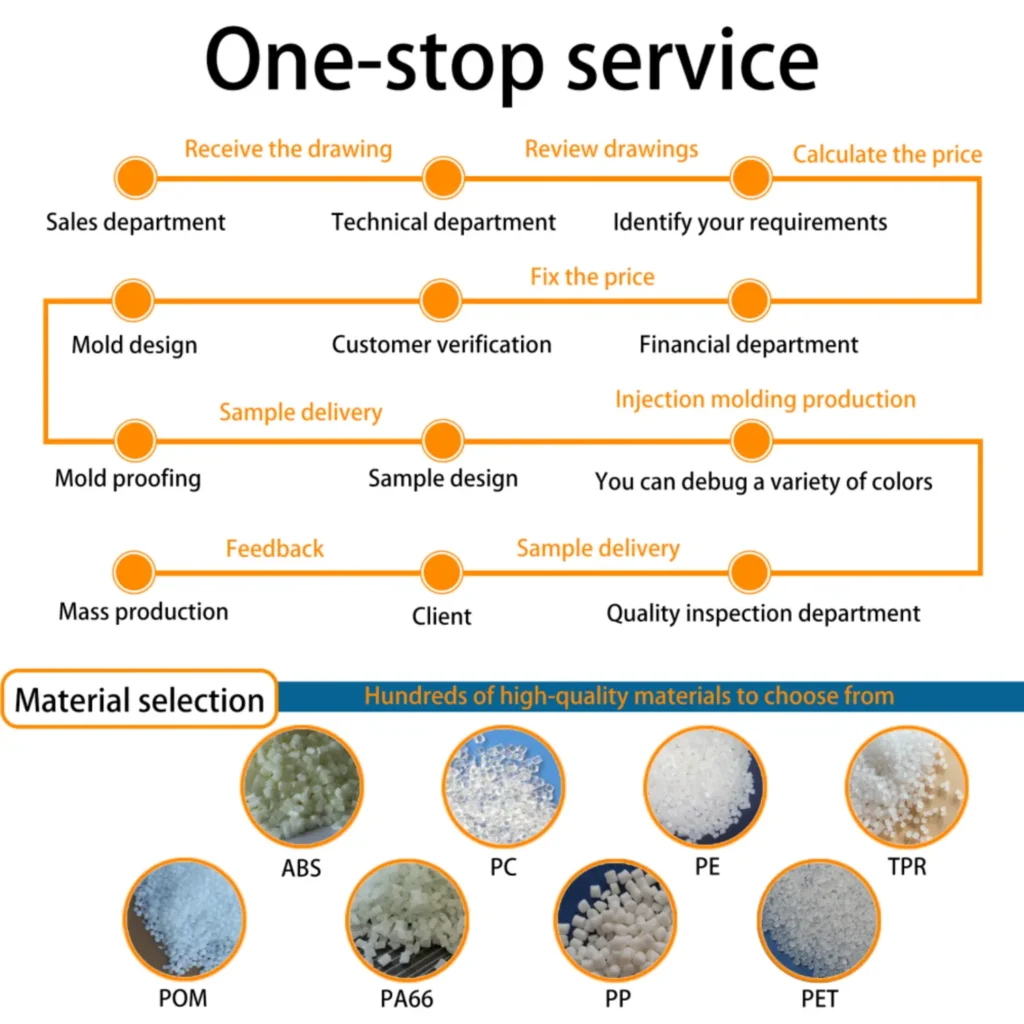

Choosing the Right Manufacturer for ABS Injection Moulding Components
Selecting the right manufacturer is crucial to ensuring high-quality ABS injection moulding components. Important factors to consider include:
Industry Experience: A manufacturer with extensive experience in ABS injection moulding will provide superior results.
Advanced Technology: The use of precision moulding equipment and automated processes improves efficiency and product quality.
Quality Control Standards: Manufacturers should adhere to ISO certifications and rigorous testing procedures.
Cost-Effectiveness: Balancing affordability and quality ensures a sustainable supply chain without compromising performance.
Future Trends in ABS Injection Moulding for Industrial Applications
The future of ABS injection moulding is driven by technological advancements and evolving industry demands.
Innovations in ABS Material: New formulations are being developed for enhanced strength, heat resistance, and environmental sustainability.
Smart Manufacturing and Automation: AI-driven moulding machines and real-time monitoring systems improve production efficiency and reduce defects.
The Role of 3D Printing: Hybrid manufacturing methods that combine ABS injection moulding with 3D printing allow for rapid prototyping and complex part development.

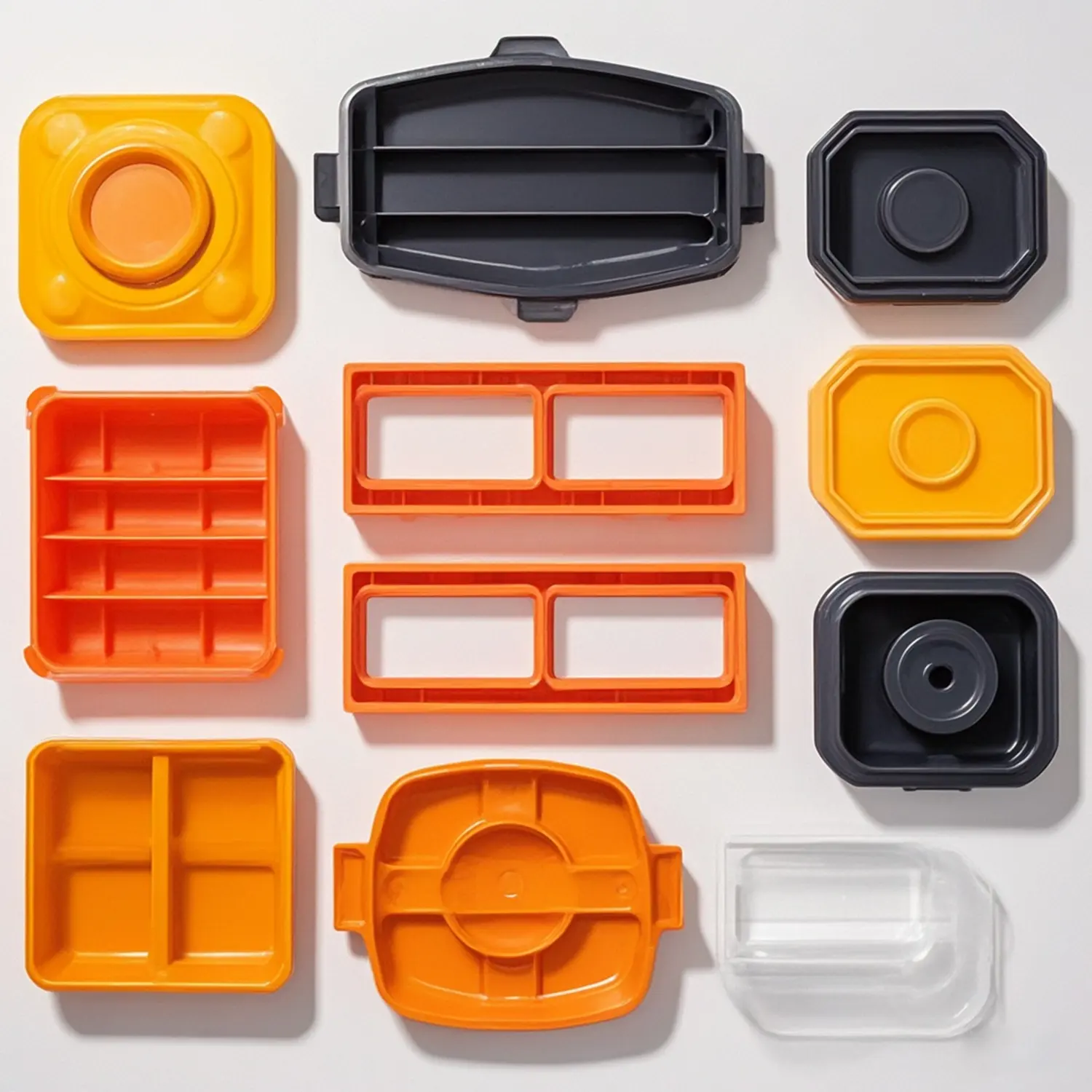
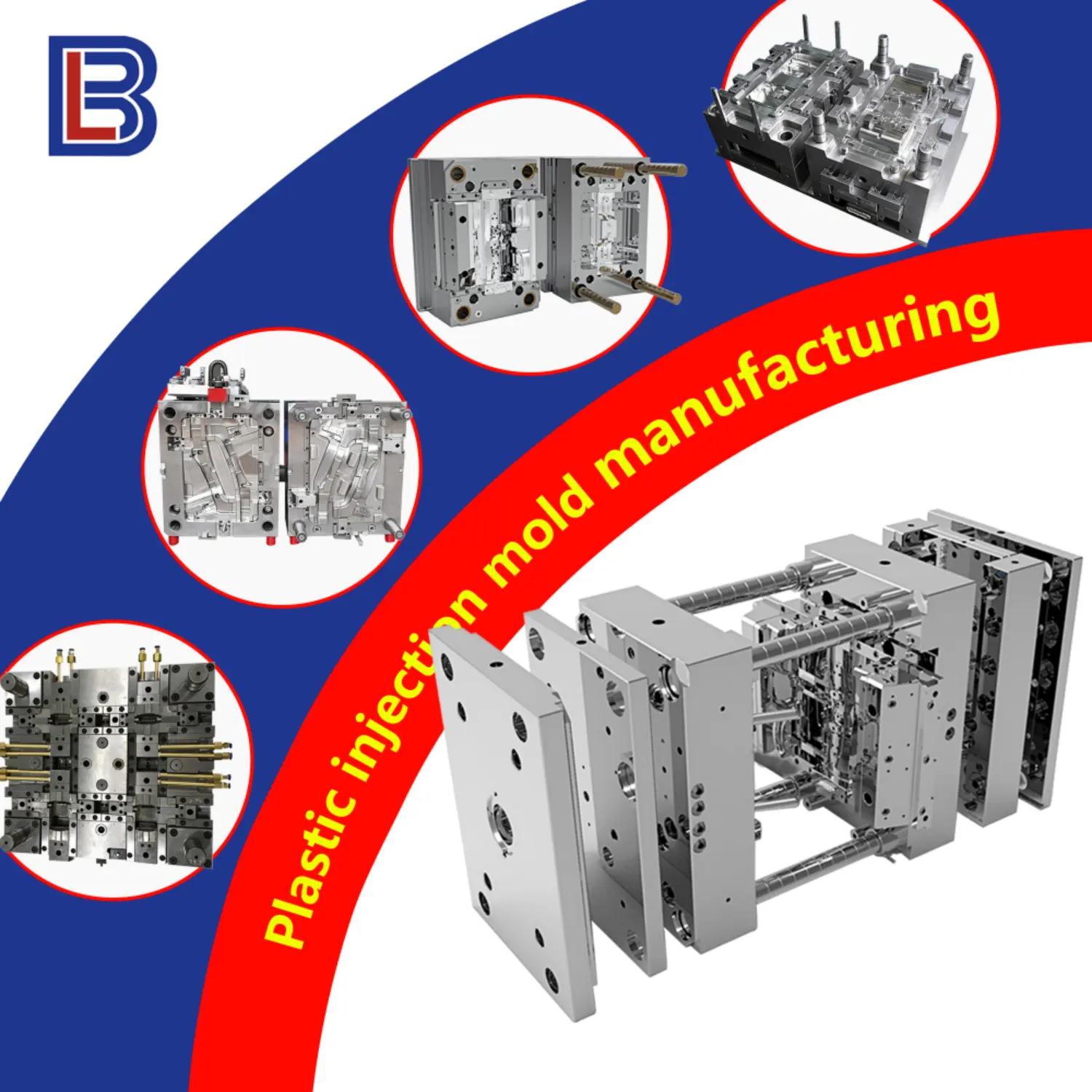
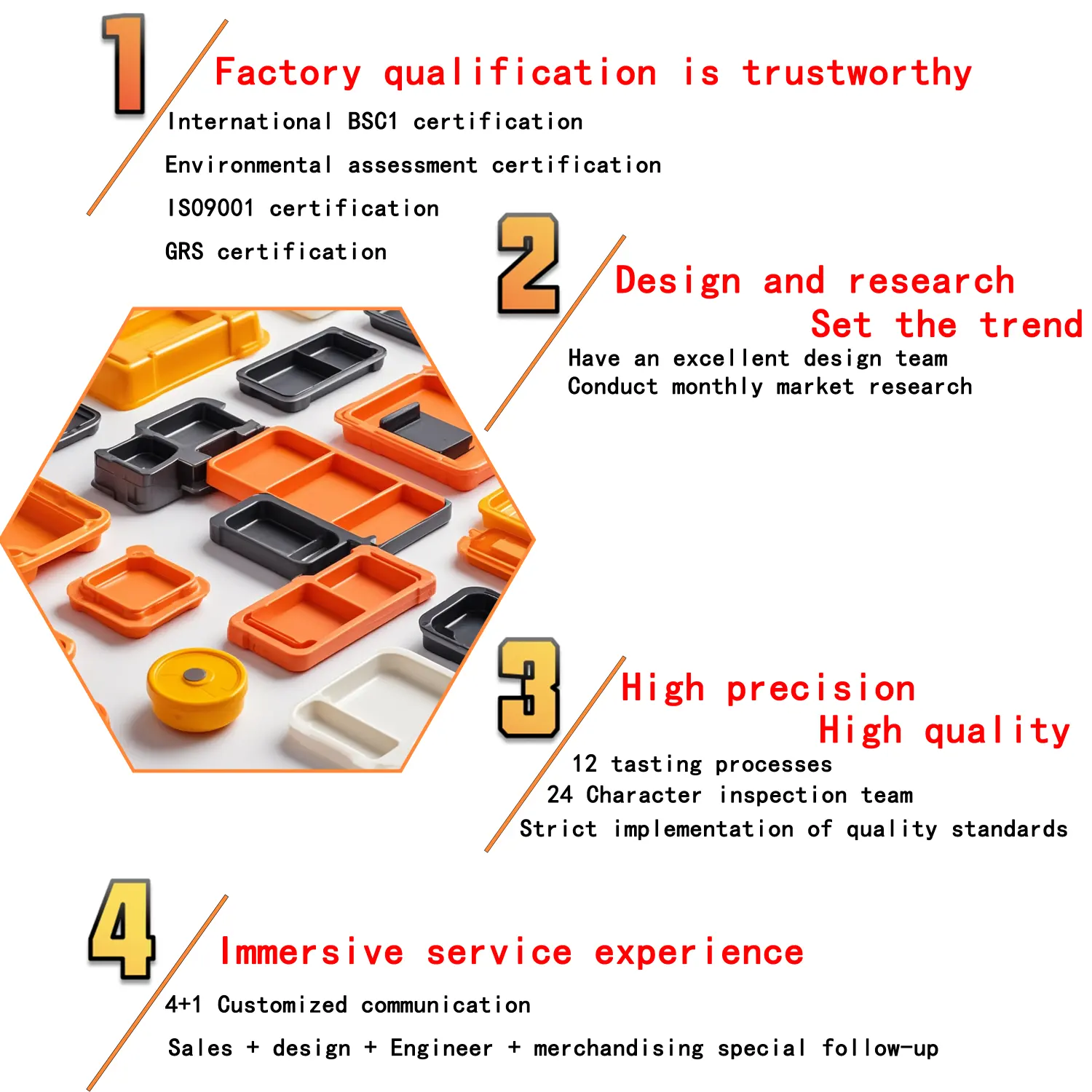
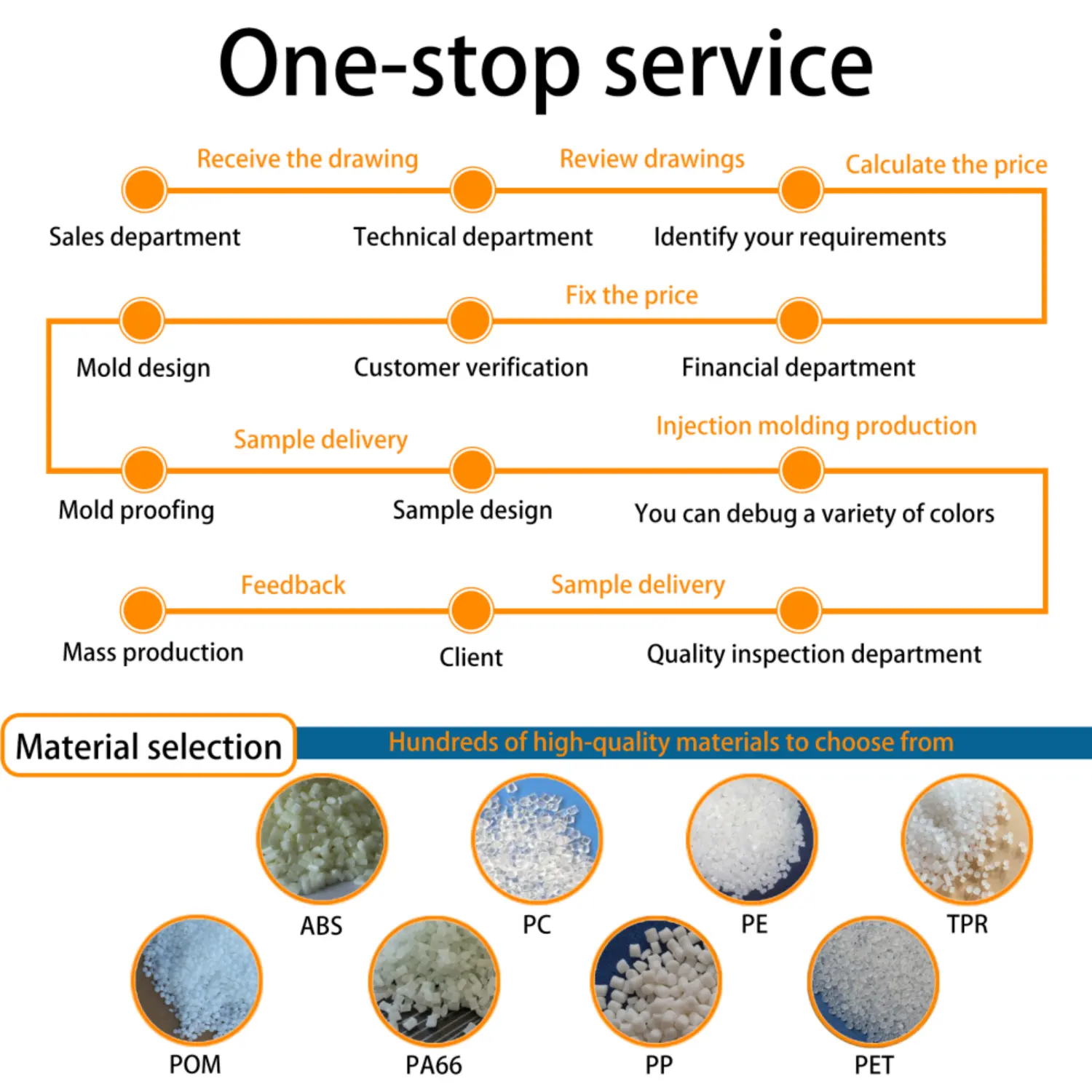
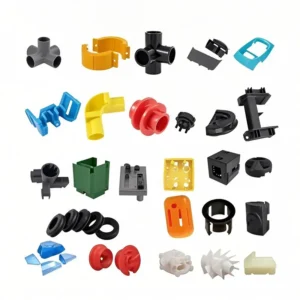
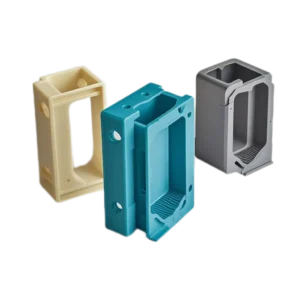
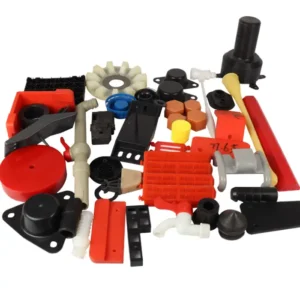

There are no reviews yet.